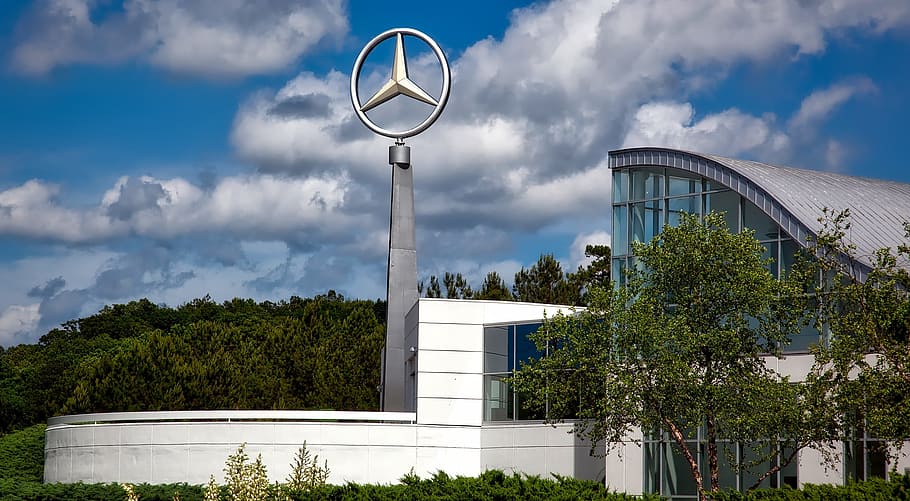Politics
European Automaker Relocates Vehicle Production To Red State Amid Tariff Negotiations

Mercedes-Benz announced Thursday that it will be adding a new vehicle to its plant in Alabama in what is being viewed as a direct response to President Donald Trump’s tariff strategy.
The German auto giant said it will be shifting production of the “core segment” vehicle at its plant near Tuscaloosa by 2027. Company executive did not provide additional details as to the specifics of the plan or which vehicle line will be relocated, though the plant primarily produces Mercedes-Benz SUVs.
“We are getting even closer to the U.S. customer by localizing a core segment model in Tuscaloosa, strengthening our ties to the North American market where a range of Mercedes-Benz vehicles including the GLE and GLS models have their roots,” Mercedes-Benz North America CEO Jason Hoff said in a press release.
A spokesperson for Mercedes-Benz declined to comment on whether the decision was related to President Trump’s tariff strategy when asked by CNBC. Instead, the company cited a “local-for-local strategy” of producing vehicles where it sells them.
The European automaker further stated that Alabama has established itself as “the global export hub for Mercedes-Benz SUVs,” adding that roughly 60 percent of SUVs produced at the Tuscaloosa plant are exported.
Thursday’s announcement comes amid the Trump Administration’s 25 percent tariffs on imported vehicles, while additional duties of 25 percent on automotive parts are set to go into effect by Saturday.
Mercedes-Benz is not the only foreign auto manufacturer that has made the decision to relocate manufacturing jobs to the United States in the weeks following Trump’s “Liberation Day” tariff strategy on April 2.
British auto industry giant Rolls Royce recently told investors that they are scrambling to relocate some of its manufacturing operations to the United States.
In an earnings call last month, Rolls Royce spoke to “rising protectionism” in response to Trump’s tariffs and confirmed that they were working on plans to lessen the effects. The company is also exploring ways to move some of its current manufacturing operations in Mexico, China and Canada to the United States, where it employs 6,000 workers across 11 sites.
On the domestic side, Trump’s auto industry tariffs have been praised by domestic auto manufacturers and the United Auto Workers (UAW) union.
“We applaud the Trump administration for stepping up to end the free trade disaster that has devastated working class communities for decades. Ending the race to the bottom in the auto industry starts with fixing our broken trade deals, and the Trump administration has made history with today’s actions,” UAW President Fain said in a statement last week.
In an press release, the UAW highlighted the devastating effects that “free trade” has had for their industry. “Corporations have been driving a non-stop race to the bottom by killing good blue-collar jobs in America to go exploit some poor worker in another country by paying poverty wages. Tariffs are a powerful tool in the toolbox for undoing the injustice of anti-worker trade deals,” the union said.

